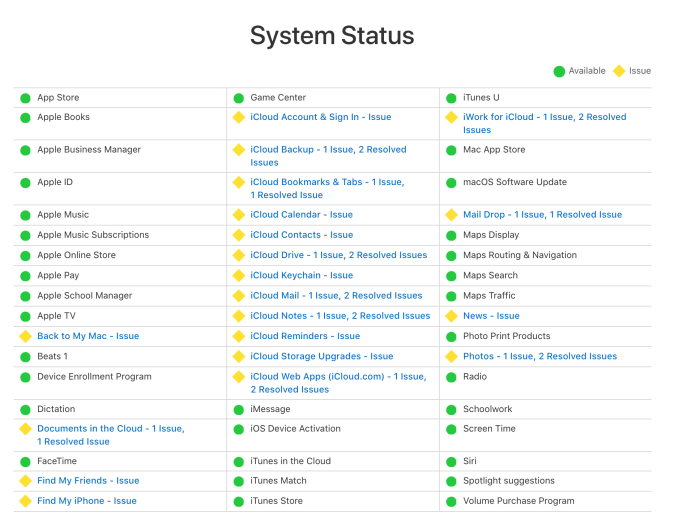Apple is airing a new ad spot focused on privacy today in primetime. The spot is visually cued, with no dialog and a simple tagline: Privacy. That’s iPhone.
In a series of humorous vignettes, the message is driven home that sometimes you just want a little privacy. The spot has only one line of text otherwise, and it’s in keeping with Apple’s messaging on privacy over the long and short term. “If privacy matters in your life, it should matter to the phone your life is on.”
The spot will air tonight in primetime in the US and extend through March Madness. It will then air in select other countries.
You’d have to be hiding under a rock not to have noticed Apple positioning privacy as a differentiating factor between itself and other companies. Beginning a few years ago, CEO Tim Cook began taking more and more public stances on what the company felt to be your ‘rights’ to privacy on their platform and how that differed from other companies. The undercurrent being that Apple was able to take this stance because its first-party business relies on a relatively direct relationship with customers who purchase its hardware and, increasingly, its services.
This stands in contrast to the model of other tech giants like Google or Facebook that insert an interstitial layer of monetization strategy on top of that relationship in the forms of application of personal information about you (in somewhat anonymized fashion) to sell their platform to advertisers who in turn can sell to you better.
Turning the ethical high ground into a marketing strategy is not without its pitfalls, though, as Apple has discovered recently with a (now patched) high profile FaceTime bug that allowed people to turn your phone into a listening device, Facebook’s manipulation of App Store permissions and the revelation that there was some long overdue house cleaning needed in its Enterprise Certificate program.
I did find it interesting that the iconography of the ‘Private Side’ spot very very closely associates the concepts of privacy and security. They are separate, but interrelated, obviously. This spot says these are one and the same. It’s hard to enforce privacy without security, of course, but in the mind of the public I think that there is very little difference between the two.
The App Store itself, of course, still hosts apps from Google and Facebook among thousands of others that use personal data of yours in one form or another. Apple’s argument is that it protects the data you give to your phone aggressively by processing on the device, collecting minimal data, disconnecting that data from the user as much as possible and giving users as transparent a control interface as possible. All true. All far, far better efforts than the competition.
Still, there is room to run, I feel, when it comes to Apple adjudicating what should be considered a societal norm when it comes to the use of personal data on its platform. If it’s going to be the absolute arbiter of what flies on the worlds most profitable application marketplace, it might as well use that power to get a little more feisty with the bigcos (and littlecos) that make their living on our data.
I mention the issues Apple has had above not as a dig, though some might be inclined to view Apple integrating privacy with marketing as boldness bordering on hubris. I, personally, think that there’s still a major difference between a company that has situational loss of privacy while having a systemic dedication to privacy and, well, most of the rest of the ecosystem which exists because they operate an ‘invasion of privacy as a service’ business.
Basically, I think stating privacy is your mission is still supportable, even if you have bugs. But attempting to ignore that you host the data platforms that thrive on it is a tasty bit of prestidigitation.
But that might be a little too verbose as a tagline.
from iPhone – TechCrunch https://ift.tt/2HmnOfL


